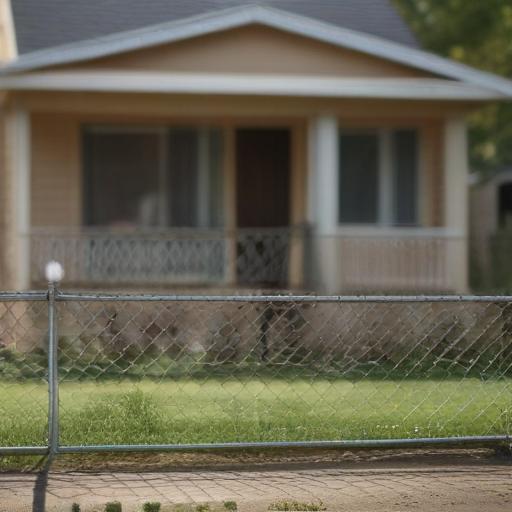MAGA podcaster Charlie Kirk recently sparked controversy with his statements on addressing the housing crisis, suggesting that increasing incarceration rates could provide a solution. During an episode of his podcast, Kirk claimed that a number of Republican lawmakers and donors sought his advice on what issues the party should prioritize. He expressed a desire for the Republican party to adopt a tougher stance on crime, arguing that stricter enforcement would lead to a reduction in housing costs by making more areas livable.
Kirk attributed the high cost of housing to what he characterized as a limited number of law-abiding young people competing for housing in desirable zip codes. He proposed opening more areas for habitation and asserted that by locking up more people, the housing market would cool down. This notion lacks empirical support, as Kirk did not provide any statistical evidence to back his claims.
He further asserted that a stronger law enforcement presence would correlate with increased manufacturing in the U.S., speculating this would produce economic growth. Kirk referred to a trend he coined “The Donald Trump effect,” implying that the former president’s policies such as mass deportations contributed to a decline in crime rates, despite acknowledging that not all violent crime is decreasing.
Moreover, the founder of the conservative nonprofit Turning Point USA dismissed concerns about the prison-industrial complex, suggesting that America is inherently more violent relative to other countries.
In contrast to Kirk’s claims, a Bloomberg report highlights several factors contributing to the post-pandemic rise in housing prices, including increased demand, a lingering shortage of housing, and competition from large-scale investors treating real estate as a lucrative investment opportunity.
The complexities of the housing crisis demand comprehensive policy solutions rather than simplistic approaches centered on incarceration. Discussions surrounding crime and housing should consider socioeconomic factors, systemic issues, and the overall well-being of communities, promoting a more integrated approach to public safety and housing policy.
